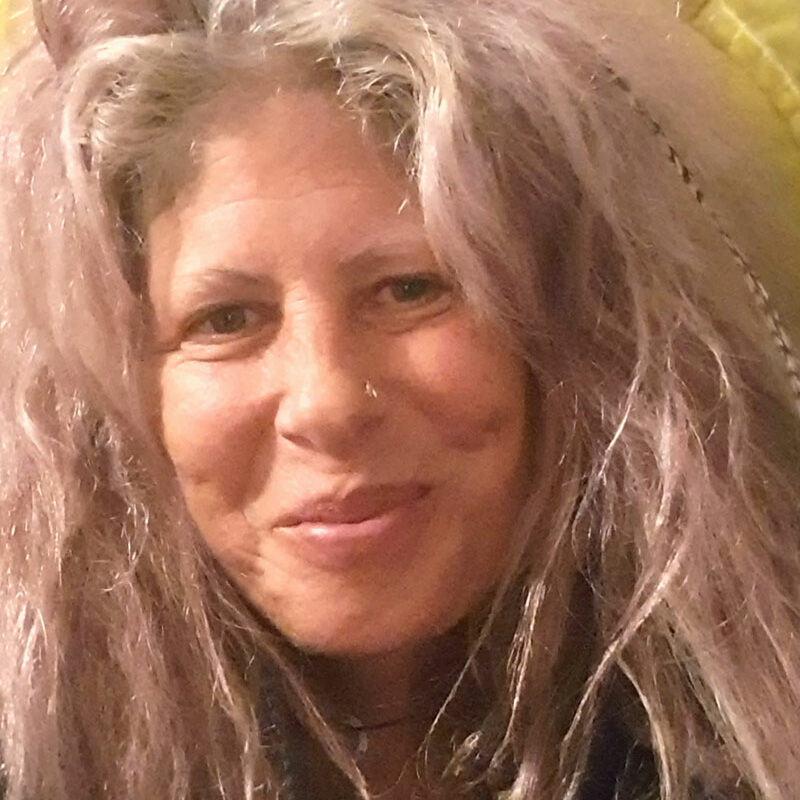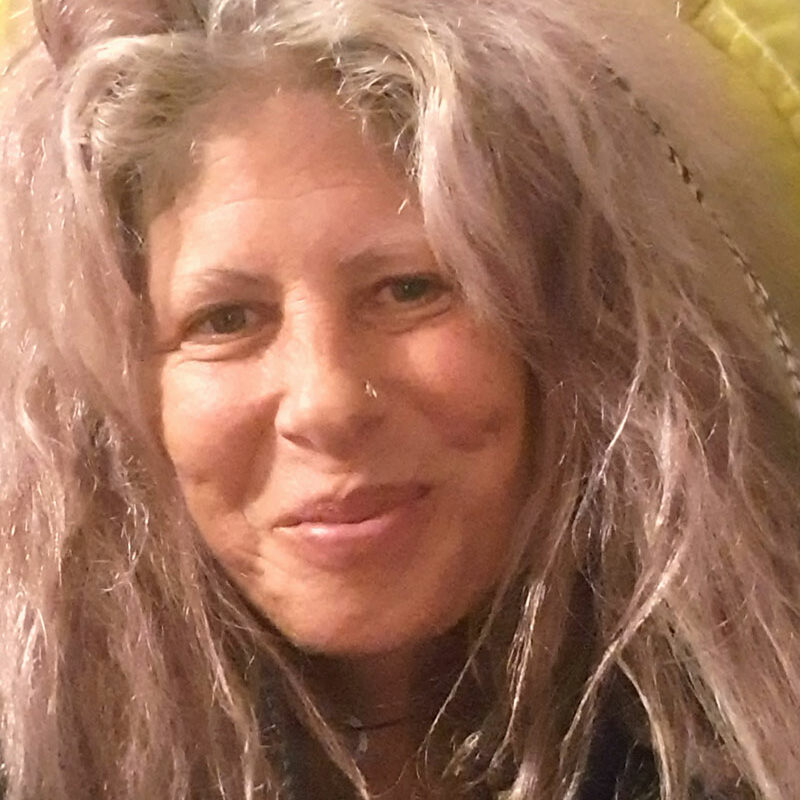A deep, creative and transformative process, which supports you through your holistic awakening journey and individual personal health revolution
Talking About Relationships
Talking About Relationships
‘Talking About Relationships’ by Rowena J Ronson and Nigel Summerley
What makes relationships so important to us, why are they so problematical, and can we change ourselves in order to make them work?
NS: What are our expectations from personal and intimate relationships? Are they fundamentally any different now than they were 500 years ago?
RJR: The world has changed fundamentally and in every way in the past 500 years, so yes, of course relationships have changed in that time. One major change is that we did not use to live as long as we do now, so when we committed to living out our days in a marriage, we were probably expecting 20 years tops. And the concept of “romance” did not exist 500 years ago, either. Do you know when and why marriage first became an institution?
NS: I would disagree that the world has change fundamentally – and thus I think what human beings seek from personal and intimate relationships may not have changed that much. But I take your point about longevity – that certainly adds something to the relationship mix – and perhaps we could go into that. I don’t think anyone really knows when marriage began as an institution, since in most cultures it seems to go back to ancient times. Presumably, a major reason for it was procreation and child-rearing – certainly not romance (which I think was a medieval invention). Sex and companionship may have been other factors. And marriage was also tied up with forging alliances and ties between families and communities.
RJR: I am surprised that you think the world – or the people living on it, shall we say? – have not changed fundamentally in 500 years. I suspect even on an animal instinct level, we have evolved dramatically. I remember being told once that marriage came about as a result of the convenience of land exchange. And the concept of romanticism came long after, and has become a lucrative commercial enterprise since our brains have been washed by the media. So do you feel we have the same expectations out of our relationships than those of our grandparents, for example?
NS: Human technology has changed. But I cannot see that people have changed in 500 years – or in several thousand years. If you read Shakespeare or Chaucer or Homer or the Book of Moses, do you not think the human being today is still the same as those portrayed there? The ideals or the fashions associated with relationships have changed. But the fundamental needs of people don’t seem to have changed: sex, closeness, intimacy, friendship, companionship, sharing (and the problems associated with all these things haven’t changed, either). One woman I discussed this question with suggested that romanticism has been there longer than we tend to think, ie that alongside marriage, in all its earliest and various forms, there has also been “romance”. In crude terms, men and women have married, for all sorts of cultural reasons, and then had extramarital relationships of all sorts, some governed by lust and some by love – or a mixture of the two. Our grandparents may have lived with reasonable expectations of greater stability in relationships than we can hope for now, and they may have been satisfied with fewer marriages, fewer relationships, fewer partners. On the other hand, they may have been caught up in the same confusion of permanent and impermanent relationships. How can we know how many affairs our grandparents had? It seems we are in uncharted territory – both in the past and now. What do we expect today from relationships? Can we even answer that? Is it perhaps that all we need is a hand to hold as we clamber down slippery slopes and walk through the dark?
RJR: I understand all that you say, but I am not convinced by your argument. Men’s and women’s roles have changed dramatically in the past 20 years, and this has encouraged a lack of commitment when the going gets tough, as a new relationship can be bought on-line, in secrecy, with a “no returns policy” on consequences.
NS: I agree that relationships do now appear to be more fragile and that technology has played a part in this. But do you not think that people have always found ways to have the kind of relationships that you refer to here? One can look at contemporary relationships on a surface level and see the predominance of fly-by-night liaisons and a lack of willingness to commit; one can also see successful long-term relationships based on hard work – and love. But deep down, why on earth do we get involved in relationships? What is it that we get from them? What is it that we give in them? And can they be a way of finding out what we ourselves are?
RJR: I think a smaller proportion of the population were promiscuous in the past. We get involved in relationships because we are not complete without them. Clearly we are not hermaphrodites. But incompleteness emotionally, and forming relationships in order to fill up and feel complete seems to be part of our culture and era. This creates endless dissatisfaction and a need to refill in one way or another. I can understand the point of view that we learn about ourselves from being in relationship, but I also think it is a very unevolved way to evolve.
NS: On the evolution question, I would still argue that human beings have not evolved since the time of the Minoans, the Aztecs and the ancient Egyptians. But maybe we should try a slightly different tack for a moment, and also follow what you have said. Why do we feel incomplete without relationships? And are we actually complete in relationships?
RJR: You really think we haven’t evolved mentally, emotionally, spiritually or even physically? As individuals we evolve or dissolve, if we chose to or not – throughout our lives – but I am happy to move the conversation on… We feel incomplete in relationships because of two main reasons. First, we were created as two halves of a whole, and second, because we are conditioned to seek fulfilment in and of life with someone else. The first point probably doesn’t need exploring, but I am happy to discuss it if you feel there is mileage. The second, however, is very much of interest to me. We can work at being fulfilled in all aspects of our life, but when it comes to sex, there is nothing like the connection with someone whom you love and fit with. I am not talking about romantic love. I am speaking of that infallible and inexplicable feeling that one gets when all our energy points, our chakras, are aligned with someone we love and the energy flows from within out, from the source through us to ground in the earth. It facilitates us to be absolutely present, in the moment, connected in all ways, as if nothing else matters… and nothing else does….
NS: We were created? By what? By whom? There are two reasonably distinct genders that are generally required for procreation, as in many other species. But where does the idea of two halves being somehow deeply fulfilled in each other come from? I think, as you say, we are conditioned to think in these terms. The primary function of sex, whether we like it or not, is procreation. Who or what has turned it into the thing that has assumed such importance for human beings? There are arguably many things that are like the intense connection with someone you love… like the stillness of wild places at night, like being on tops of isolated mountains, like being absorbed by the sea or the stars… all of these things are surely love/beauty/truth, aren’t they?Is it not possible that chakras are a concept dreamed up by imaginative humans? Yes, great sex gives one the feeling that nothing else matters… isn’t that why humans spend so much of their time pursuing or thinking or reading or writing about great sex? Such sex provides the (temporary) ending of the self (something most of us can’t do in any other way, except perhaps to get out of our heads on booze or drugs). That ending of the self through orgasm is an ecstasy. But it does not last… desire is temporarily satisfied… then the act has to be repeated for that ecstatic release once more. Sex is dressed up by so-called tantric practitioners as if it might lead to some awareness/enlightenment… but in reality it leads to nothing… except more sex… Doesn’t sex tend to be just one more escape from the emptiness within… as with all addictions, philosophies, religions, politics? And if that is so, what is it that makes for real relationship between human beings?
RJR: We were definitely created. I am not saying we were created by God. But we came into being and therefore we were created, even if only by evolving chemicals and an inner desire for evolution and life. And we were created in a way that we could procreate in order to continue life. As for the two halves and deep fulfillment – maybe it is a case of you have to be there to experience it! I have clearly conditioned myself and I am happy with that. Sex is pleasurable and addictive, and purposefully so. If we did not enjoy it so much, we wouldn’t do it, and therefore we would not procreate. The two go hand in hand. It has assumed such importance because those who experience how wonderful and fulfilling sex can be know it. We all know it collectively, even if we have not experienced it ourselves. I agree that a very real sense of fulfillment can be achieved by being with nature, but again it is a connection with that something else that is separate yet fundamentally part of ourselves. As for chakras, I have personally experienced the sensation of chakra connection through sex and I can assure you it was not my mind’s invention. And tantra therapists practise reaching self-actualization through tantra and it is certainly not all about orgasm and destination. Perhaps that is where you are limiting yourself. It is all about the journey and it surprises me I need to remind such a well travelled man as yourself. As for addiction, I agree that sex and love are chemical addictions in a similar way to drugs and alcohol. My thoughts and process on addiction are forever evolving; having been more black and white about the subject in the past, I am now open to a new way of thought. Perhaps we can view addiction in a more holistic way rather than just seeing its dark side. Chemical addiction to substances which alter our own fine balance is clearly not a useful way to evolve in this world. But chemical addiction to other human beings… the oxytocin release when a woman breastfeeds her babe, bonds them in a way no words can describe. We are not empty vessels. Sex does not fill us. We are full anyway. We are receptive, though, to chemical reactions, within ourselves, and with others. It is how we connect on a profound level. And it is worth living and dying for.
NS: We evolved into creatures that use sexual union for procreation – although that necessity seems to be in the process of being overturned, with the arrival of surrogates, gay parents and the not-too-distant prospect of cloned human beings. Maybe these developments highlight what humans have done with sex. Animals also appear to get some pleasure from sex, but many of them still seem to do it to procreate and in tune with certain natural cycles. Humans seem to have taken the pleasure aspect of sex and made it something to be desired and attempted, or at least talked about, at all times. It is also something that humans have made ever-present, with sexual images, particularly of women, becoming ubiquitous in every medium. Perhaps sex can be “deeply fulfilling” but it also seems to be something that humans can’t get enough of… and is therefore more associated with addiction and frustration rather than with fulfilment. Great sex, with or without chakras, is great sex… it does not appear to be the key to enlightenment, any more than playing a great guitar solo or completing a triathlon. All can give a sense of transcendence of the self. But how can we be certain that any experience is “not the mind’s invention”? Everything is in your brain… every so-called experience or sensation is in your head. What you experience IS you. The observer IS the observed. And paradoxically, this is the most difficult – if not impossible – thing for our brain to accept. Surely the well-travelled person knows there is no “journey”… there is no route from here to something else… there is actually nowhere to go. “You can travel anywhere and hang yourself there – you’ve always got more than enough rope,” as Dylan said. The truth is always here in the eternal now… there is no path to it… only away from it, only diversions. Which leads us back to escape through “travel”, “journeys”, “experiences” and so on. Sex may be an addiction. Surely love is not an addiction? Romantic “love”, yes. But not love. You say we are not empty. Is that really the case? It seems that we can be fulfilled in relationship. But I think we are still a long way here from finding out what real relationship is. It has nothing to do with chemistry, sex, romance or esoteric flimflam. Yes, it has to be profound, and it has to be the essence of life/death. But could it be possible that we human beings have yet to embrace real relationships? And that what we currently call “relationships” are actually escapes, diversions, delusions and entertainments?
RJR: I feel you are deflecting my argument. First of all, surrogacy and cloning are not about sex and will only ever be a necessary substitute for procreation for a very few – not an argument for overturning the norm. And I am not talking about sex being mutated and manipulated by the media either. We have created ourselves an era where everyone can’t get enough of everything. Sex was obviously going to be yet another area of our lives to be over-consumed. And I did not say the answer to enlightenment is through sex. What I am saying is that it is important for us to be as complete as we can be before we are in relationship with others, and then the union sexually, and otherwise, can be very fulfilling and can take us on a journey together that can be exceptional and different from the road we travel alone. And I believe we do travel, although I understand where Mr Dylan is coming from. And he too has been on his own journey to get to the place from where he writes. I agree, there is no escape from ourselves but I do think love can certainly be an addiction. If you were to design what an evolved relationship would be, without escapes, diversions, delusions and entertainments, what would it look like?
NS: I take all those points. It does seem logical, sensible and probably incontrovertible that we need to be as complete as we can before we can be in real and sustainable relationship with others. The stumbling block is the “as we can”. If we fall short of completeness – which we all do – then ultimately relationships will contain immense difficulties for all concerned. Can there be degrees of completeness? It seems not. Ultimately, we are all alone (born alone and dying alone) and perhaps ultimately we are also all the same human being – all of us just one more attempt at that completeness. What would that wonderful “evolved relationship” be like? No one can answer that question, surely – in this world where “almost completeness” and “almost relationships” seem to be the best we can expect. It certainly can’t be “designed” from where we are now. That would simply be an idea – and no use at all. But that does not mean that that “evolved relationship” will not be…

Rowena J Ronson
Rowena J Ronson Shape-Shifter Intuitive Natural Medicine Healer Homeopath Counsellor Functional Medicine Individuals, Relationships & Families For You

